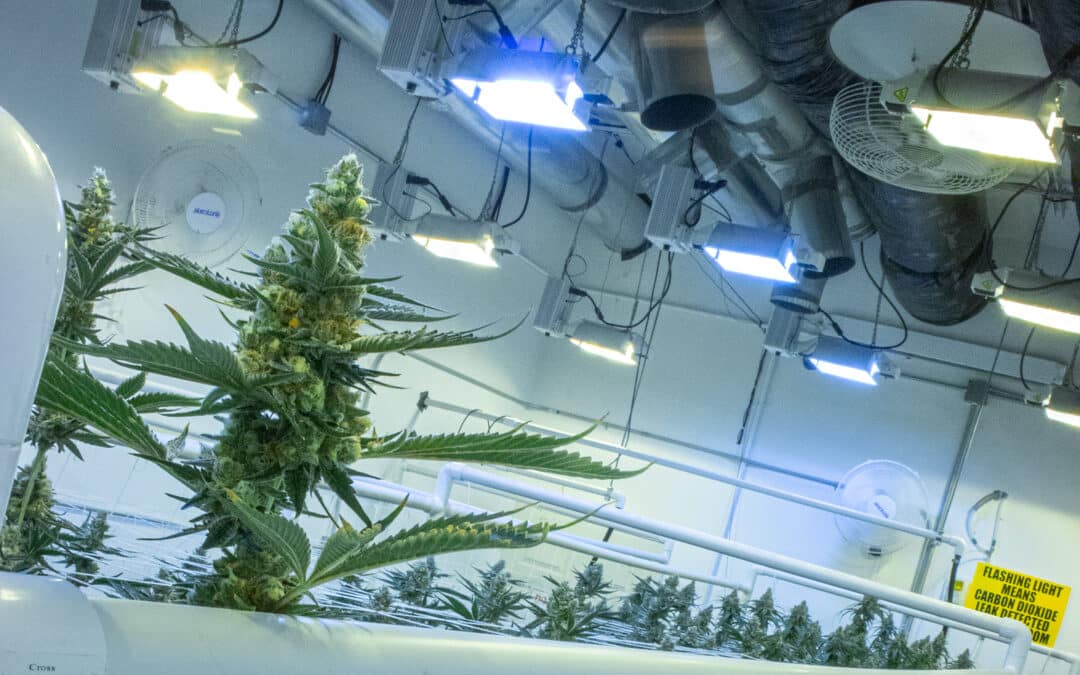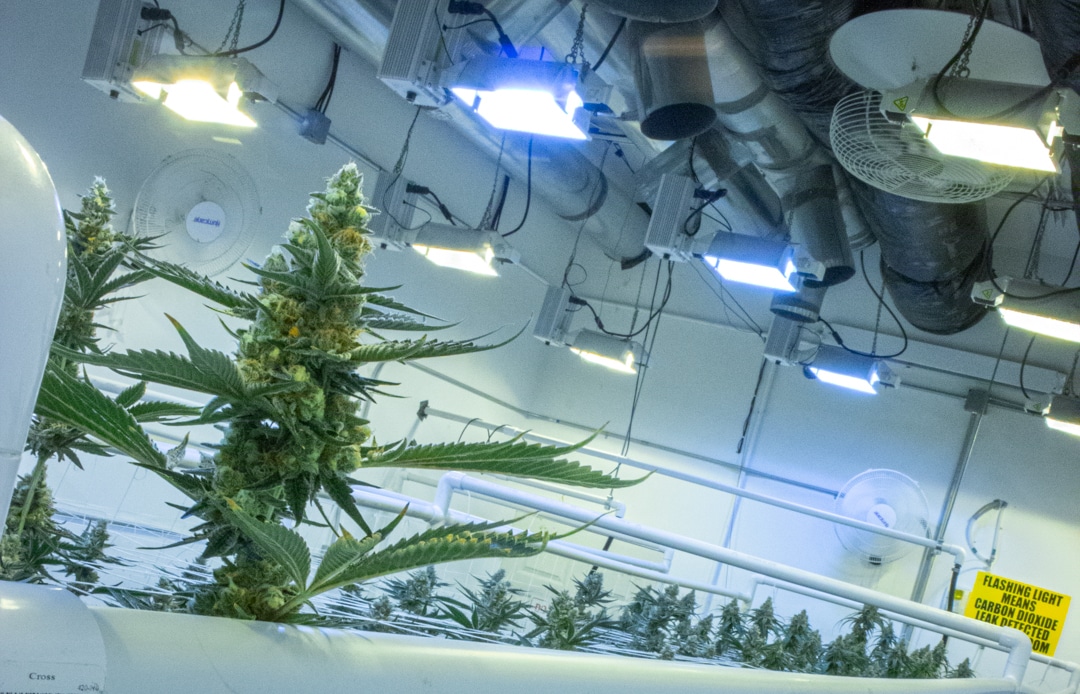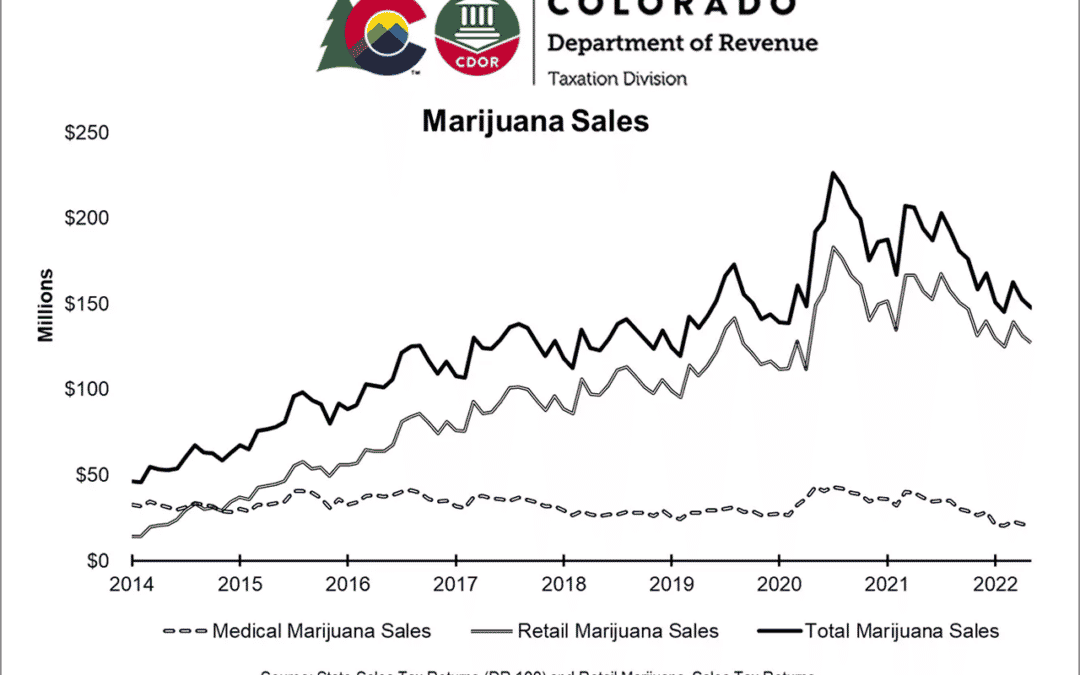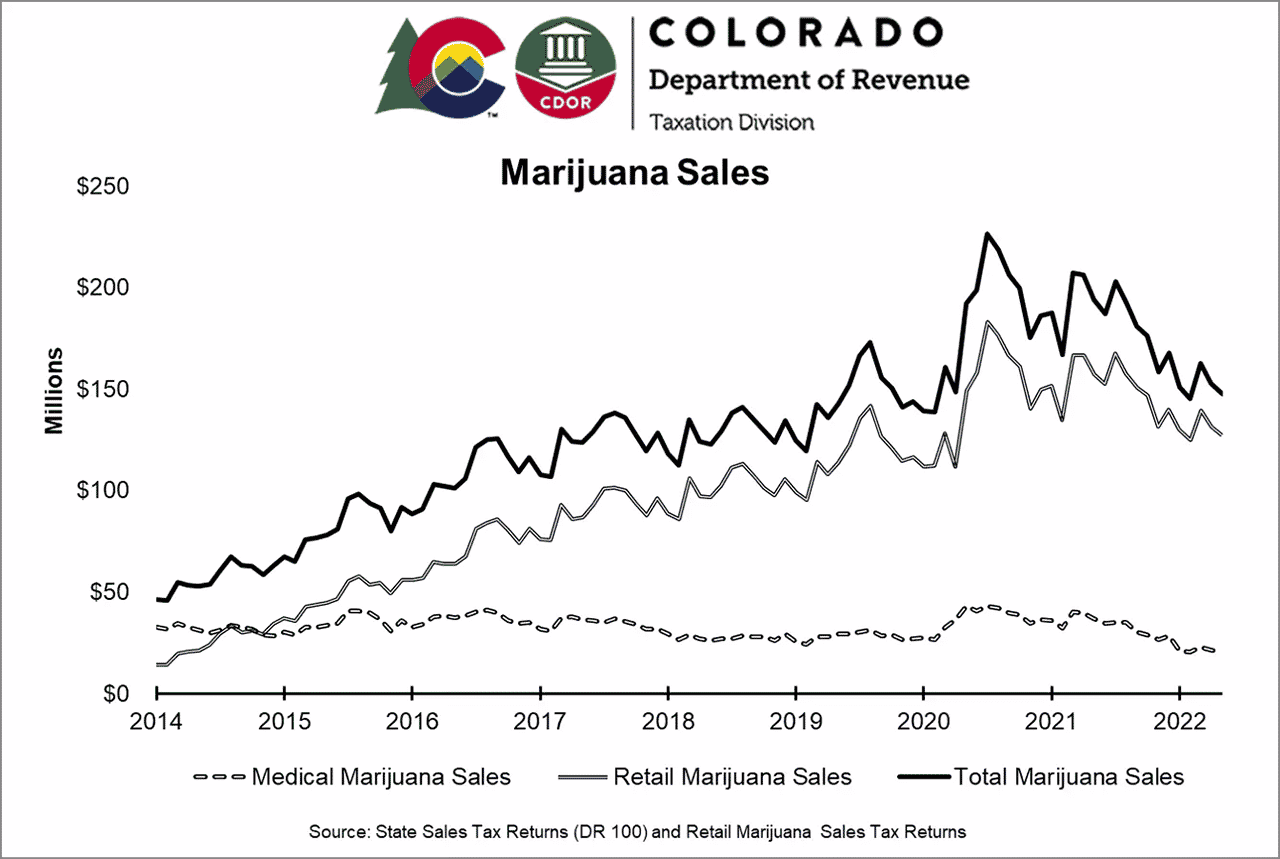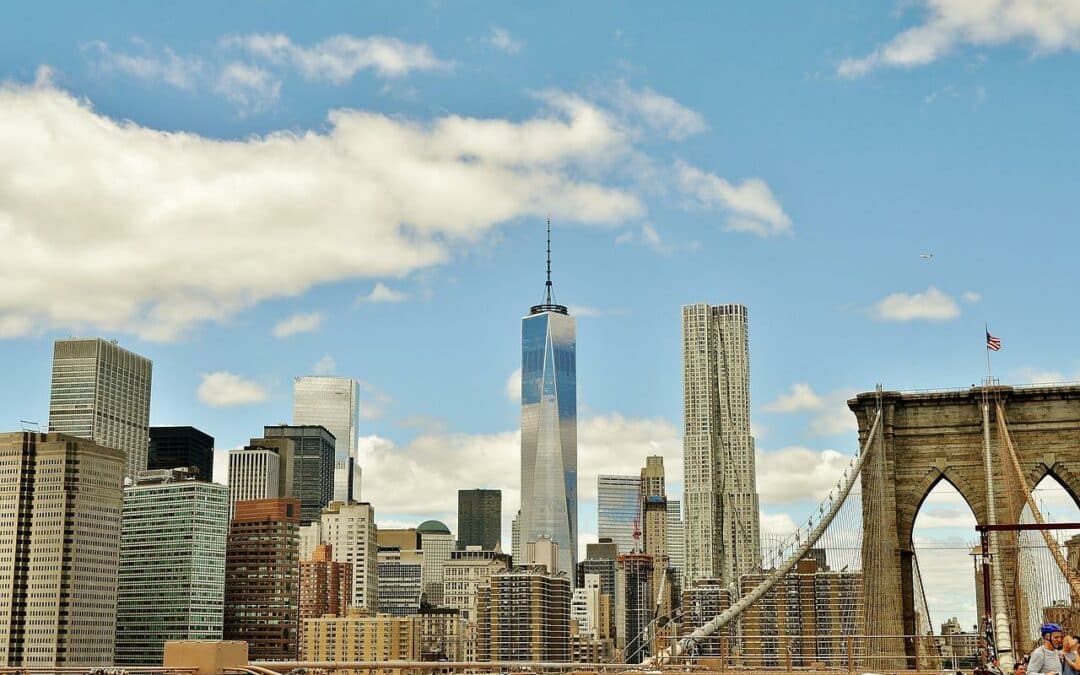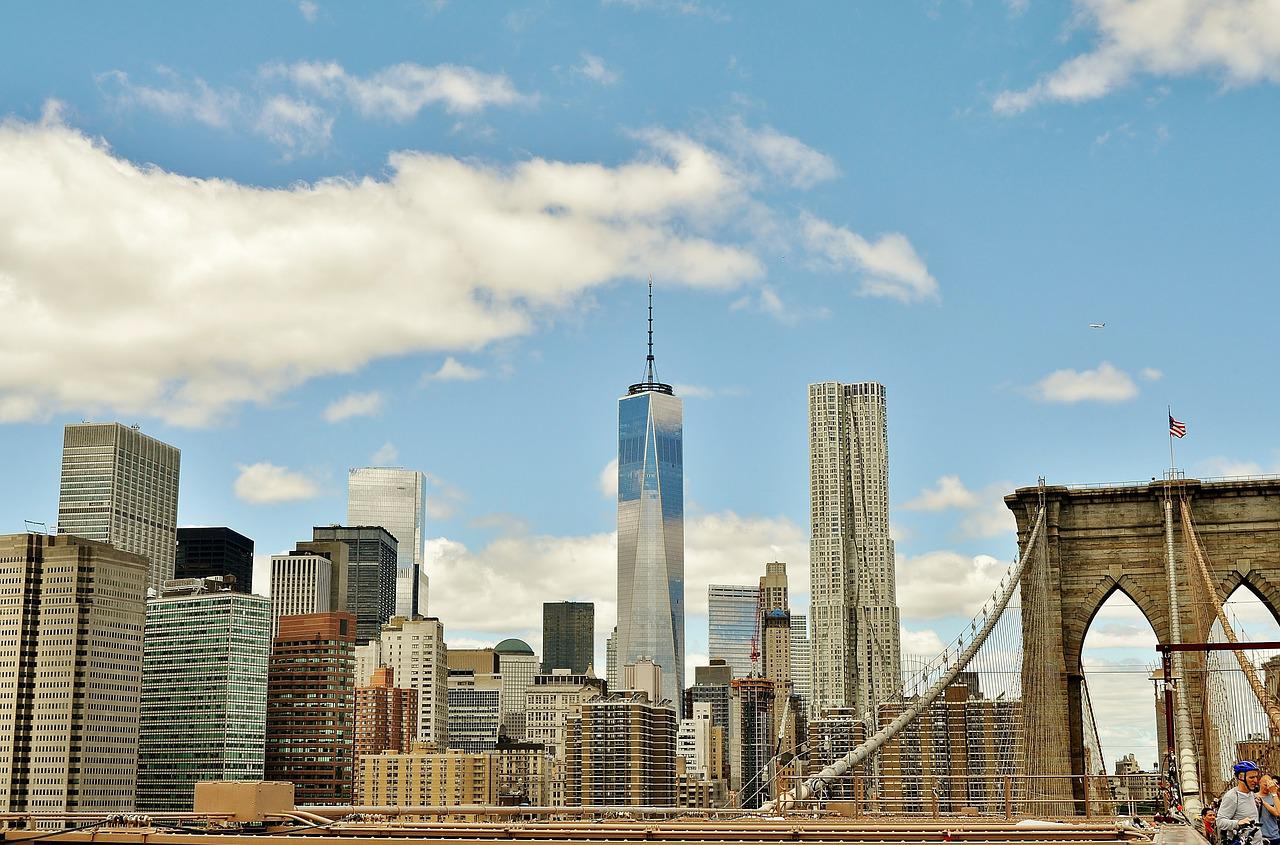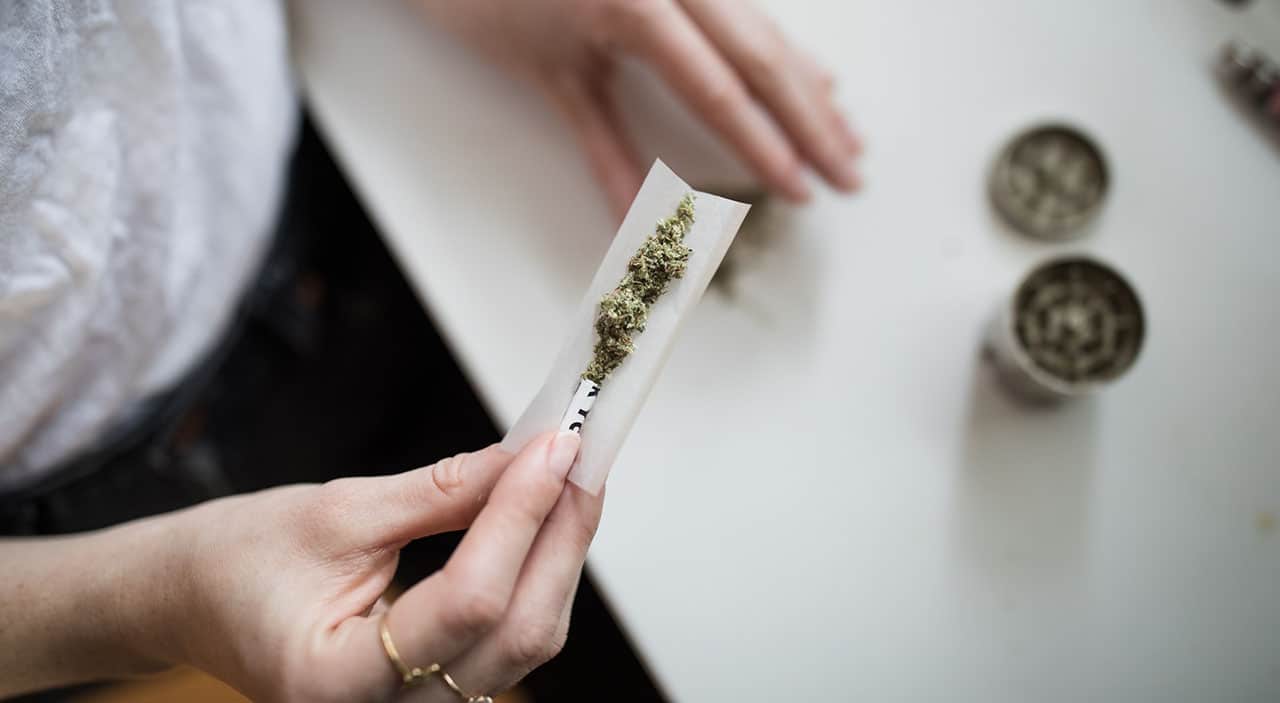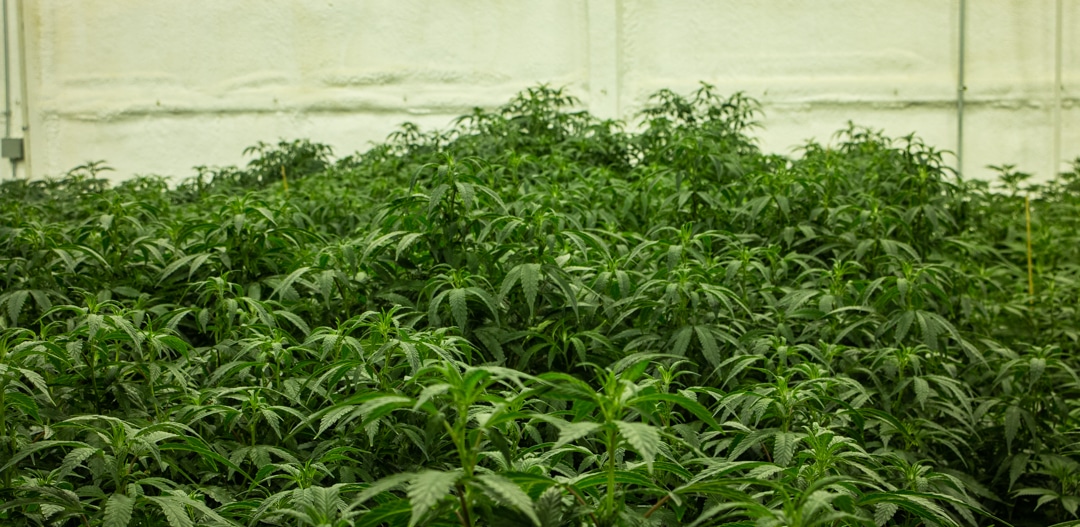
First Connecticut cannabis cultivation license goes to…a Massachusetts company?

Insa, a Massachusetts based cannabis company, has received the first provisional cultivator license for recreational cannabis in Connecticut. The company, with operations in three states currently, was able to obtain the license through a social equity process.
The Connecticut Department of Consumer Protection which issued the license confirmed that the company passed the required background checks and paid $3 million in fees to receive the license. The 14-month provisional license gives the company time to hire employees, establish a business plan and build out their cultivation facility.
Insa currently operates three recreational cannabis dispensaries just over the border in Springfield, Massachusetts. If their final license is approved, Insa will have the ability to operate over 15,000 square feet of cultivation space.
16 social equity applications were approved overall out of 41 total applicants. This process was not held under the lottery format of other non-social equity licenses.
Connecticut’s cannabis law defines a disproportionately impacted area (i.e. social equity applicant area) as a U.S. census tract in Connecticut that has a higher historical conviction rate for drug-related offenses, or an unemployment rate greater than 10%.
Of the 16 approved applicants: two live in Bridgeport; five in Hartford; one in Manchester; one in Middletown; three in New Britain; one in Southington; one in Stamford; and two in Waterbury. However these applicants must still undergo their background checks before they receive provisional licenses like Insa.
Illinois implemented a similar social equity platform when the state legalized cannabis in 2020. It has led to a slew of issues regarding insider connections and big players coming in to beat out local businesses.

